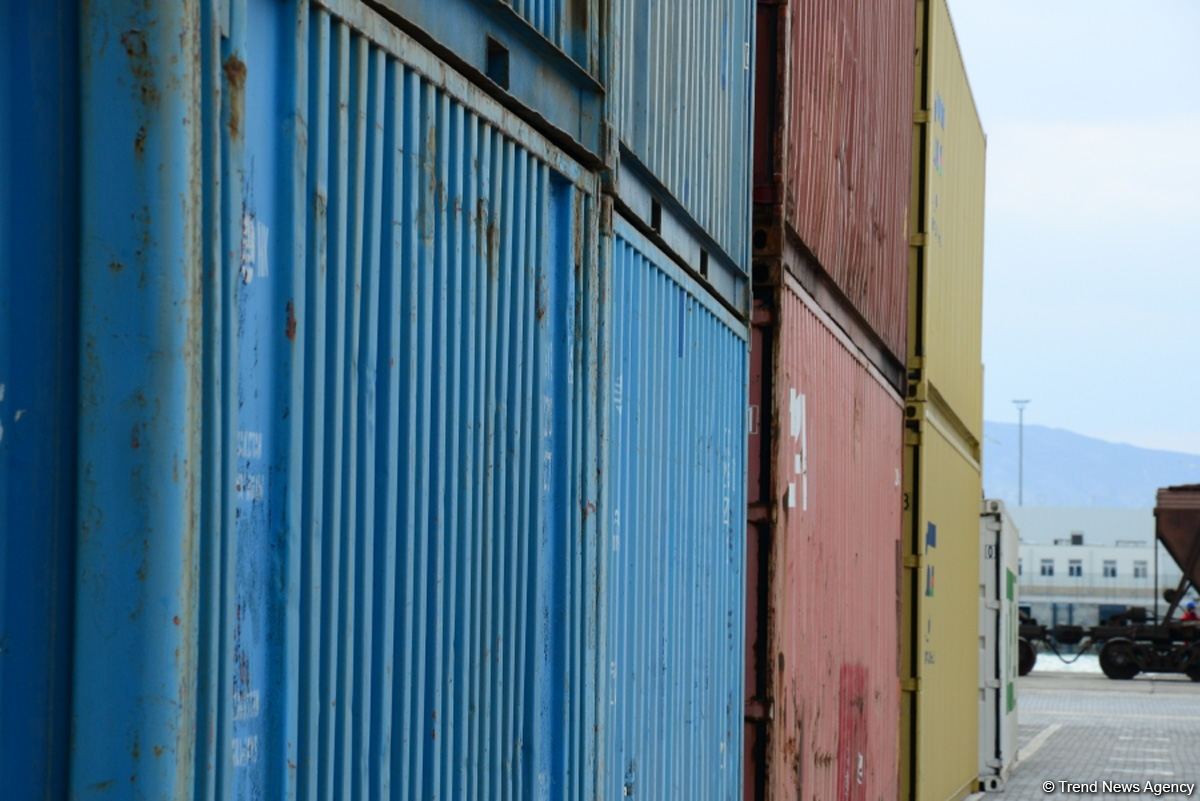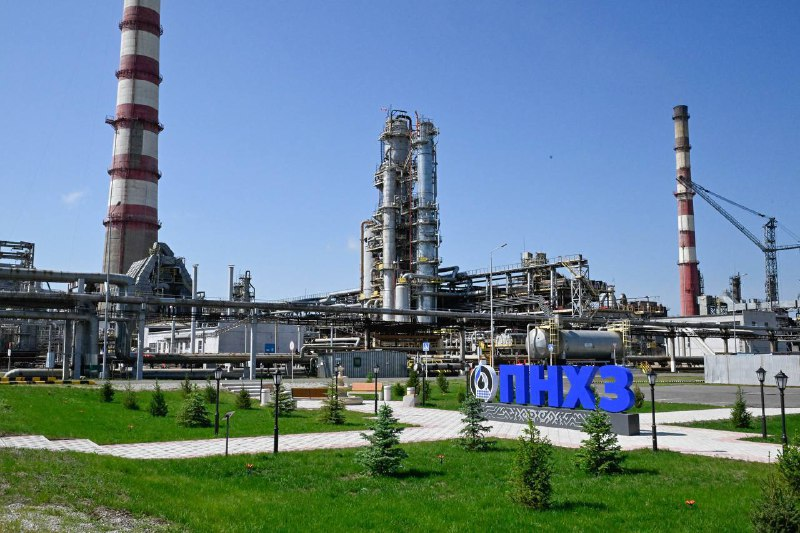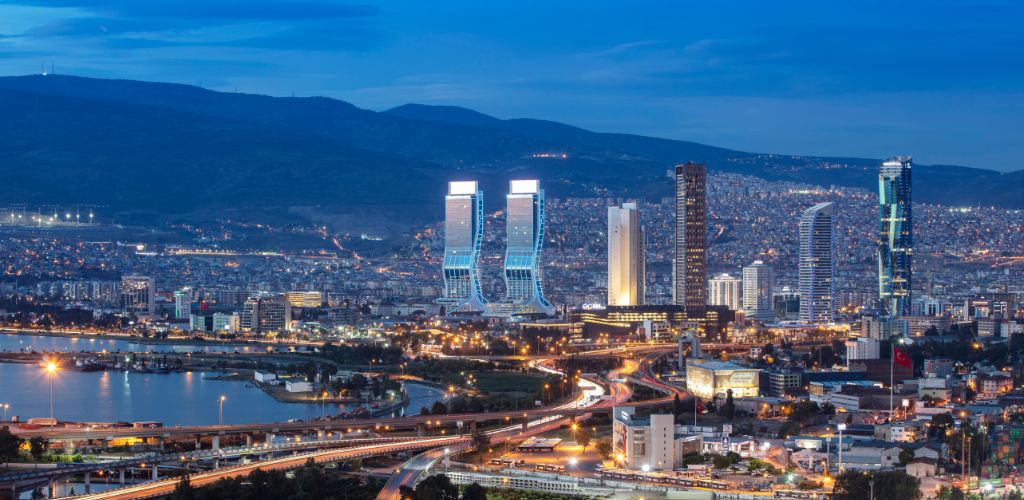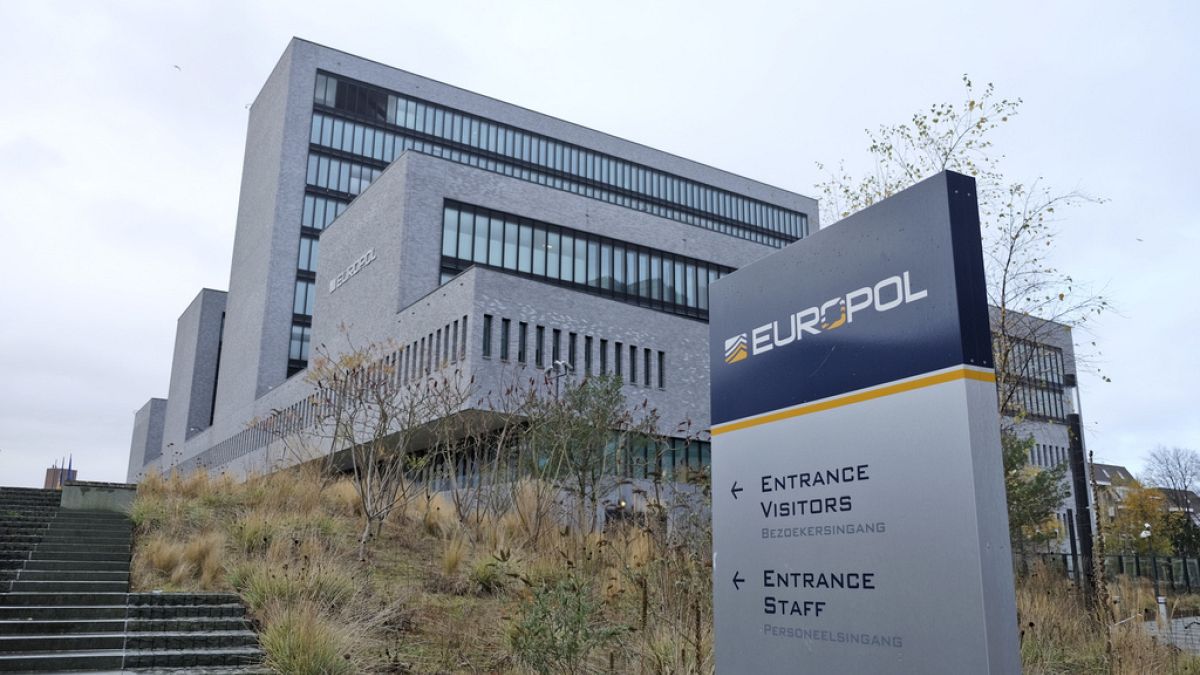The European Commission presented today the historic trade agreements EE-Mercosur and EU-Mexico

The European Commission today presented the proposals it submitted to the Council for the signing and conclusion of the EU-Mercosur Partnership Agreement (EMPA) and the Modernized EU-Mexico Global Agreement (MGA). “These historic agreements are a crucial part of the EU’s strategy to diversify its trade relations and strengthen economic and political ties with like-minded partners around the world,” according to the Commission.
The new data and benefits
The new trade partnerships presented today by Kaja Kallas, the EU High Representative for Foreign Affairs, and Maroš Šefčovič, European Commissioner for Trade, aim to “create trade and social export opportunities worth billions of euros for European businesses of all sizes, contribute to economic growth and competitiveness, support hundreds of thousands of jobs in Europe, and promote the interests and values of the EU.” At the same time, these agreements, in a period of increasing geopolitical instability, connect the EU more closely “with strategically important partners, offering a common platform to enhance mutual trust and address common global challenges, including the modernization of the rules-based global trading system,” according to the Commissioner.
EU-Mercosur Agreement
Increase in annual exports by up to 39%
The agreement with Argentina, Brazil, Paraguay, and Uruguay will create the largest free trade area in the world, and European businesses will be able to benefit from lower tariffs in a region where most other countries face high tariffs and other trade barriers, according to the Trade Commissioner. It is estimated that the agreement could increase the EU’s annual exports to Mercosur by up to 39% (i.e., €49 billion), supporting more than 440,000 jobs across Europe. It will reduce the often prohibitive tariffs in these countries for EU exports, including key industrial products such as cars (currently subject to a 35% tariff), machinery (14-20%), and pharmaceuticals (up to 14%).
Food exports and safety valves
EU agri-food exports to Mercosur are expected to increase by nearly 50%, as the agreement reduces high tariffs on key EU products, particularly wine and spirits (up to 35%), chocolate (20%), and olive oil (10%). The agreement will also support the development of exports of traditional, high-quality EU agri-food products. Furthermore, it will put an end to unfair competition from Mercosur products that mimic authentic European products, protecting 344 European Geographical Indications.
The Commission proposes that this agreement be accompanied by a legal act, with bilateral safety valves to protect sensitive aspects of the EU agricultural sector. Specifically, first, it limits preferential imports of agri-food products from the Mercosur agreement to a small percentage of EU production (for example, 1.5% for beef and 1.3% for poultry). Second, it establishes strong safety valves that protect sensitive European products from any harmful increase in imports. The legal agreement, which will be discussed with the Mercosur countries, must be approved by the European Parliament and the Council.
The President of the European Commission, Ursula von der Leyen, emphasized among other things that “European businesses and the EU’s agri-food sector will directly benefit from lower tariffs and lower costs, contributing to economic growth and job creation.”
In the agri-food sector, the Commission will proceed with a series of accompanying initiatives, including steps towards possible harmonization of production standards regarding pesticides and animal welfare applicable to imported products, emphasizing that “EU health and food safety standards will continue to apply to all products available on the EU market – whether produced within the Union or imported.”
Additionally, as the Commission announced, the proposal for the reform of the Common Agricultural Policy (CAP) after 2027 includes a guaranteed budget of at least €300 billion for income support, ensuring that European farmers continue to receive strong and stable financial support. The Commission is also introducing the new “Unity Safety Net” for crisis measures, with a total funding capacity of €6.3 billion, doubling the current reserve for the agricultural sector.
EU-Mexico Trade Agreement
The initial EU-Mexico trade agreement dates back to 2000, and according to the Commission, every year, the EU exports goods and services worth over €70 billion to Mexico. The new agreement “aims to further economic development as Mexico is a purely importing country in the food sector, making the agreement particularly beneficial for European agricultural exporters.”
What it provides
The modernized EU-Mexico agreement will eliminate the remaining prohibitive tariffs on EU agri-food exports, such as cheese, poultry, pork, pasta, apples, jams, as well as chocolate and wine. The elimination of these tariffs, which currently reach up to 100% on certain European products, will make them much more competitive in Mexico. Additionally, streamlined processes will make selling these products in the Mexican market faster and cheaper for exporters. The agreement also extends protection against counterfeiting, with geographical indications, to 568 iconic products.
The modernized agreement will also ensure critical access to important raw materials, which will benefit strategic industrial sectors in Europe. Mexico is a key supplier of specific materials used in various chemical processes, pharmaceuticals, and cosmetics, as well as batteries.
The next steps
The agreements require separate approval from the European Parliament and separate ratification by the member states before they come into force. Additionally, the Commission’s proposals include two parallel legal documents for each agreement, which must be approved by the European Parliament and the EU Council. (3/9/25)













































